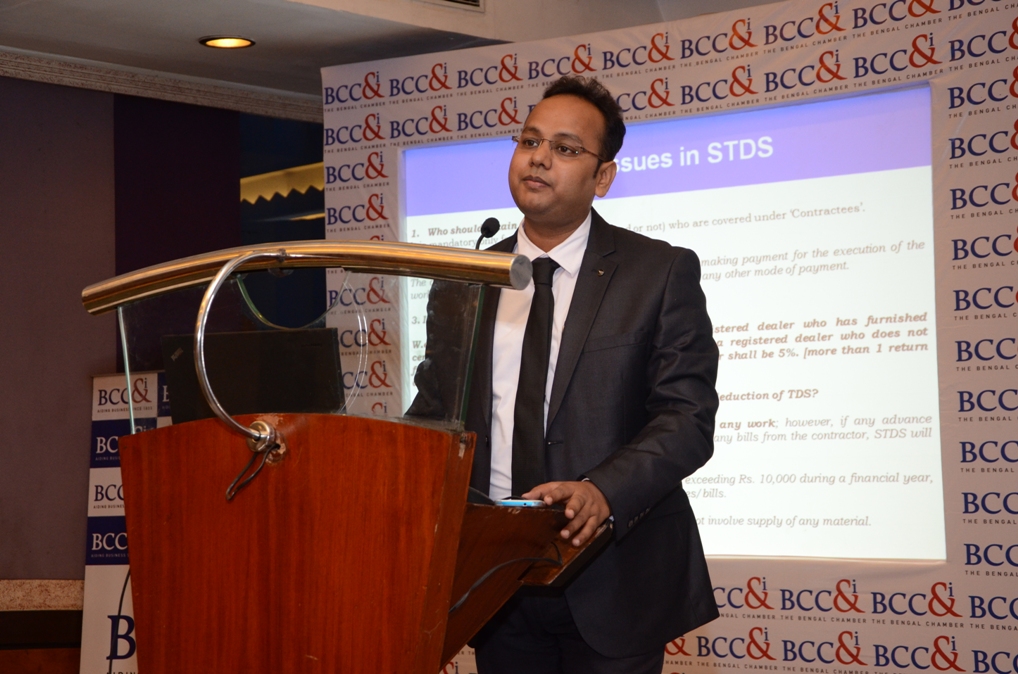The Rule of Law cannot prevent a certain class of persons from being subject to special laws. The State has the power to make laws operating differently on different classes of people, in a way that the principle of equality of civil rights and equal protection of law is followed. This is known as the ‘Doctrine of Reasonable Classification’. Article 14 permits Reasonable Classification and not Class Legislation.
In case of taxation statutes, the power to classify may be exercised so as to adjust the system of taxation in all proper and reasonable ways; the legislature may select person, properties, transactions and objects, and apply different methods and even rates for tax if the legislature does so reasonably. If the classification is rational the legislature is free to choose objects of taxation, impose different rates, exempt classes of property from taxation, subject different classes of property to tax in different ways and adopt different modes of assessment. A taxing statute may contravene Article 14 of the Constitution if it seeks to impose on the same class of property, persons, transactions or occupations similarly situate incidence of taxation, which leads to obvious inequality.
A taxing statute is not, therefore, generally exposed to attack on the ground of discrimination merely because different rates of taxation are prescribed for different categories of persons, transactions, occupations or objects. Sec 10 (26AAA) also sought to achieve this ‘reasonable classification’ by providing to exempt income of an individual Sikkimese from any source in the State of Sikkim; or by way of dividend or interest on securities incase:
1. An individual, whose name is recorded in the register maintained under the Sikkim Subjects Regulation, 1961 read with the Sikkim Subject Rules, 1961 (hereinafter referred to as the “Register of Sikkim Subjects”), immediately before the 26th day of April 1975; or
2. The person is not a Sikkimese woman who, on or after the 1st day of April 2008, marries an individual who is not a Sikkimese.
The Hon’ble Apex Court that the purpose of Section 10(26AAA) is to grant exemption to the residents of Sikkim from payment of income tax under the Income Tax Act. Therefore, all such Indians/citizens, who have settled in Sikkim prior to the merger of Sikkim with India on 26.04.1975 should be treated at par and they form the same group/class. Also, a Sikkimese woman who marries a non- Sikkimese after 01.04.2008 should also be treated at par with other Sikkimese women.
Therefore, The Apex Court laid down that taxation Law can also only classify into groups on satisfaction of twin criteria as follows –
1. On identifiable and intelligible criteria, which sets apart one group from the other.
2. Such a classification of a separate and identifiable group should bear a reasonable nexus with the object and purpose sought to be achieved by that law.
This judgement would be useful in tax matters where dissimilarity prevails in taxing classes of people.





